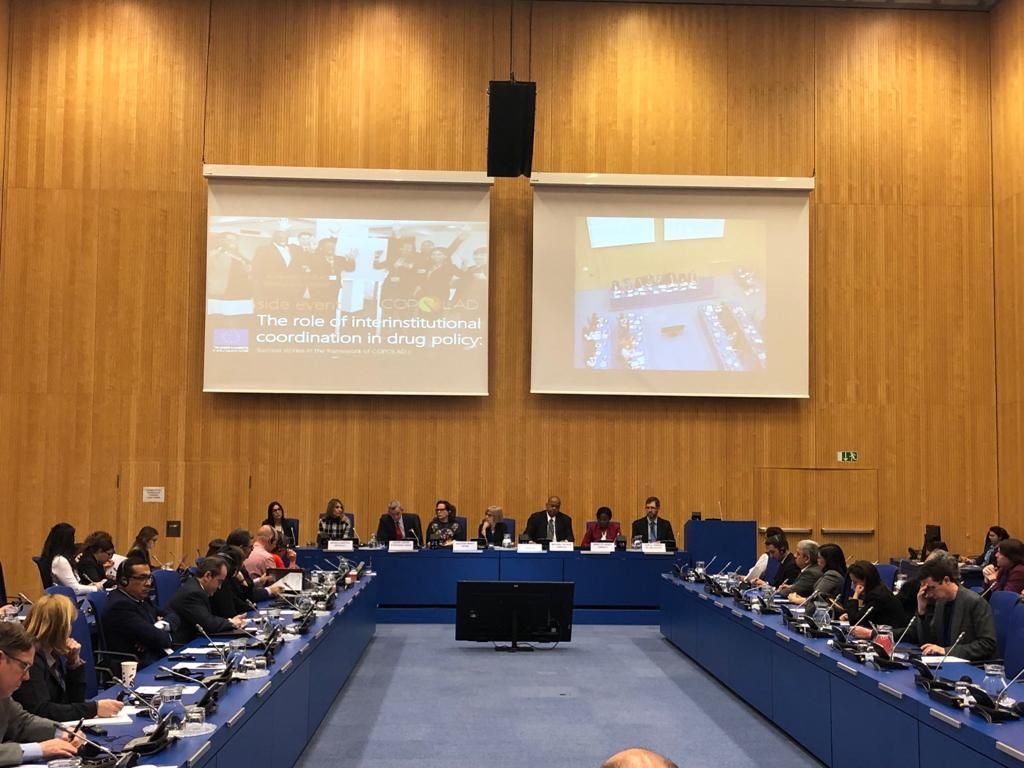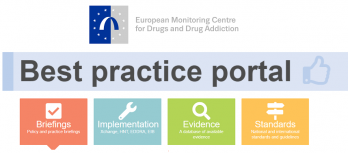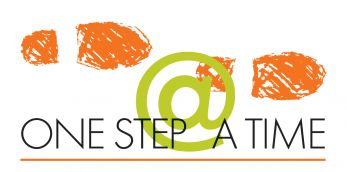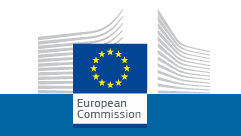COPOLAD presents at the United Nations Commission on Narcotic Drugs successful cases in inter-institutional coordination of drug policies in Latin America and the Caribbean
ReturnPublished on 19/03/19

Vienna, 19 March 2019. Spain, through the Government Delegation for the National Plan on Drugs (DGPNSD) and the European Union, convene, during the 62nd Session of the United Nations Commission on Narcotic Drugs, the side event on The Role of Inter-institutional Coordination in Drug Policy: Success Stories in the Framework of COPOLAD II. Three countries of the Community of Latin American and Caribbean States (CELAC) present their experience of internal coordination for the promotion of progress encouraged within the framework of COPOLAD, a programme financed by the European Commission and managed by the International and Ibero-American Foundation for Public Administration and Policies (FIIAPP).
This event follows the celebration of the assembly of UN countries (Ministerial Segment on 14 and 15 March, and the subsequent Ordinary Session from 18 to 22 March), which addresses the implementation of internationally agreed commitments to jointly address drug-related problems, especially in view of the fact that 2019 is the target year for achieving the goals set out in the Political Declaration and Plan of Action on International Cooperation towards an Integrated and Balanced Strategy to Counter the World Drug Problem and in the outcome document of the thirtieth special session of the General Assembly (UNGASS 2016), "Our joint commitment to effectively addressing and countering the world drug problem".
These events will analyse current and emerging trends, gaps and challenges, as well as the efforts needed to respond to existing drug challenges, and the role of international cooperation in addressing them under an approach of common and shared responsibility.
In this framework, COPOLAD presents examples of national coordination in a sample of countries participating in the programme (Uruguay, Jamaica and El Salvador), in key areas such as drug precursors control, alternative development and quality assurance for evidence-based policy development. These experiences show how collaborative work between different institutions is helping countries achieve significant advances in drug policies, sensitive to respect for human rights, the gender approach and the promotion of health and safety.
With the opening remarks by Azucena Martí Palacios, Government Delegate for the National Plan on Drugs. Ministry of Health, Consumer Affairs and Social Welfare of Spain; Ambassador Didier Lenoir, Head of the Delegation of the EU to the International Organisations in Vienna on behalf the European Commission, as financing entity and the Director of COPOLAD, Teresa Salvador-Llivina. Participate as speakers, experts from the Ministry of Public Health Ministerio de Salud Pública (MSP) and the Home Office (Ministerio del Interior) of Uruguay, from the National Council on Drug Abuse (NCDA) and the Cannabis Licensing Authority (CLA), from Jamaica and from the Anti-Drugs National Commission Comisión Nacional Antidrogas (CNA), of El Salvador.
The second phase of the Cooperation Programme between Latin America, the Caribbean and the European Union on Drugs Policies (COPOLAD) is 100% financed by the European Commission, with a budget of 10 million euro administered by Spain for the period 2016-2019.
You may follow the development of the Sixty-second Session of the United Nations Commission on Narcotic Drugs through CND’s Twitter. Information on this COPOLAD parallel event is available through hashtag #CND62COPOLAD
Gallery
The European Commission is preparing a third phase of this programme, therefore COPOLAD will be back at the beginning of 2021.









